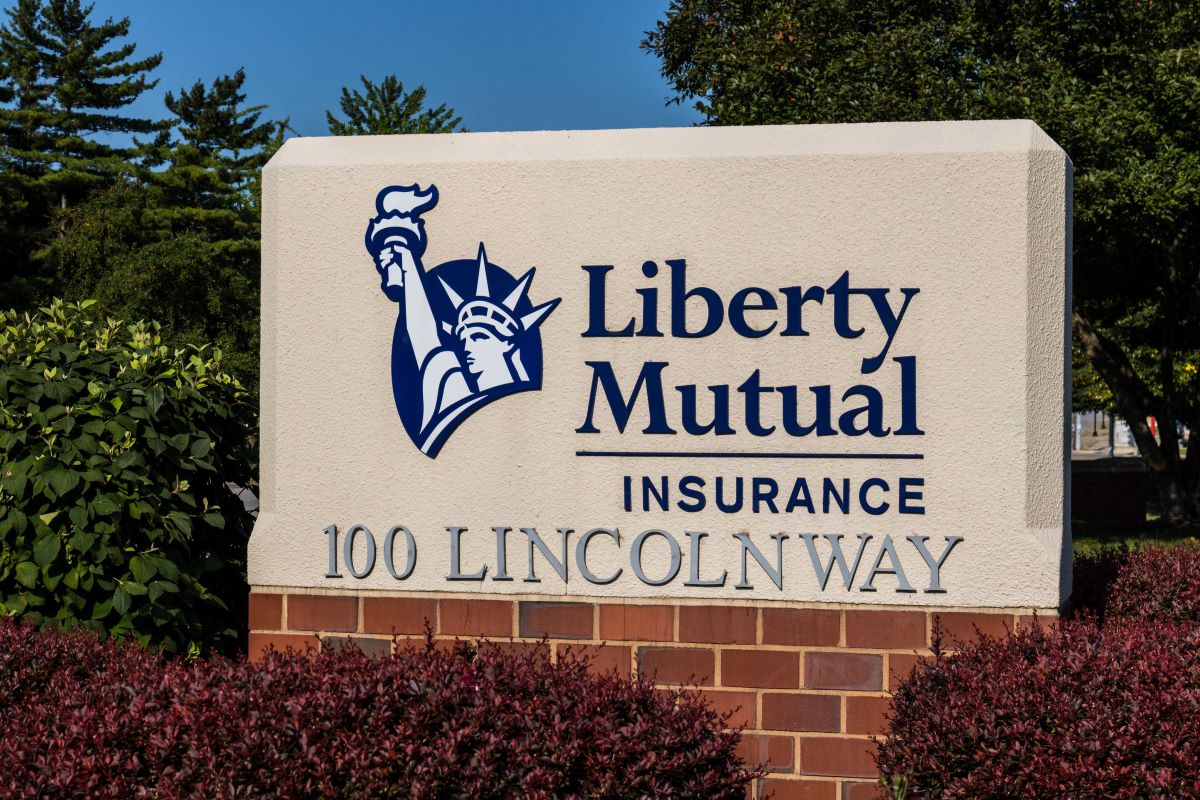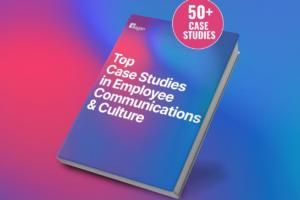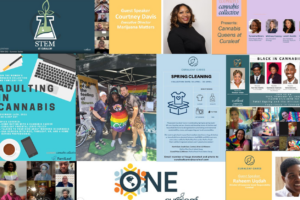How Liberty Mutual is supporting workers’ mental health
A well-being pro offers insights into the insurance giant’s strategy for bolstering resilience amid a dramatically transformed workplace landscape.

Employee mental health is surging toward the top of many employers’ lists of priorities.
Or at least it should be.
Sari Kalin, assistant director of health and well-being strategy at Liberty Mutual Insurance, knows this better than most. But how can companies offer support amid such volatile, chaotic circumstances? It starts with recognizing the painful reality we’ve all endured—and continue to experience.
“First, acknowledge that the stress and anxiety that employees have experienced over the past year is not going to disappear,” she says. That basic recognition is the first step toward opening up more substantive conversations.
Kalin says that despite sanguine signs of things opening back up, employees are still facing multitudes of stressors. Not least of which are fatigue and burnout—or anxiety at the prospect of possibly returning to the office. Listening to employees is paramount right now. Kalin says:
“Employers need to continue to listen to employees to understand their concerns, communicate about the importance of taking care of mental well-being and provide real support. That support can take many forms—open forums, internal communities, work policies that provide flexibility, and benefits that support mental health, including addressing some of the root causes around stress, such as financial struggles or caregiving.”
Kalin says Boston-based Liberty Mutual, with $43 billion in revenue and 45,000 employees, is consistently encouraging its people to practice self-care and to show empathy to others who may be struggling. “By having open conversations, we can fight the stigma around mental health, which remains a major barrier to getting support,” Kalin says.
Managers play an outsize role in employee experience. Direct overseers often determine whether we hate or love our jobs, and Kalin touts the importance of training these key team members.
“Employees need to feel supported, and managers need tools that guide them as supportive leaders. They need to learn how to have open conversations, understand the signs of those who may be struggling and have access to resources that they can direct employees to. This can especially be a challenge in the virtual or hybrid environment, and manager training can help.”
Since 2018, Liberty Mutual has offered its employees free access to a stress management program that Kalin says offers “tips and techniques for building resilience, boosting energy and preventing burnout.”
Kalin says enrollment in the program has doubled since the pandemic took hold last year. The company is also offering new services based on employee needs and preferences. Kalin explains:
“Our health plan provides access to virtual-visit provider networks that can deliver counseling and other behavioral health services via video or phone channels. During the pandemic, our employee assistance program also offered counseling globally via phone and video, as well as in-person, if the locality was considered safe for in-person visits.”
Kalin’s team has tracked a strong uptick in the use of these virtual channels during the pandemic. The demand has led to more digital wellness options, too.
“We introduced a digital sleep management tool after recognizing that sleep issues often accompany depression and anxiety. We also offered free access to 1:1 coaching sessions with a financial counselor,” Kalin says.
Harnessing the power of ERGs
Employee resource groups can be powerful advocates for change. They can also become indispensable networks for employees who are navigating a historically difficult time. Kalin says Liberty Mutual’s ERGs offer a forum to discuss common interests, pose questions, address current issues and facilitate meaningful connectivity.
Kalin lists Liberty Mutual’s ERGs:
- Amigos@Liberty + Allies. Dedicated to connecting, supporting, and developing Liberty Mutual Insurance Group’s Hispanic/Latino community.
- LEAAP@Liberty + Allies. Leading and empowering Asian and Ally Professionals about Asian cultural strengths and positive impacts in business.
- LEADA@Liberty + Allies. Employees of African Descent and Allies fosters building, growing and learning together with ongoing support and professional development.
- Pride@Liberty + Allies. Promotes an inclusive working environment where LGBTQ+ employees and allies feel a sense of community and opportunity.
- WE@Liberty + Allies. Attracts, empowers and elevates women through equitable opportunities, increasing individual and organizational success.
- Valor@Liberty + Allies. Seeks to engage and empower our military, veterans and ally community through building a strong internal network that fosters personal and professional growth.
- Able@Liberty + Allies. Promotes an inclusive and equitable culture that fosters awareness, understanding and support for people with disabilities, caregivers and family members.
With no clear end to the pandemic in sight, these sorts of affinity groups will only grow in importance—even after the threat of COVID-19 abates. After all, we all crave connections, fellowship, friendship and community, regardless of the setting. As Kalin puts it: “Connectiveness was so important in combating loneliness during the pandemic and continues to be a vital resource in addressing and encouraging well-being.”







